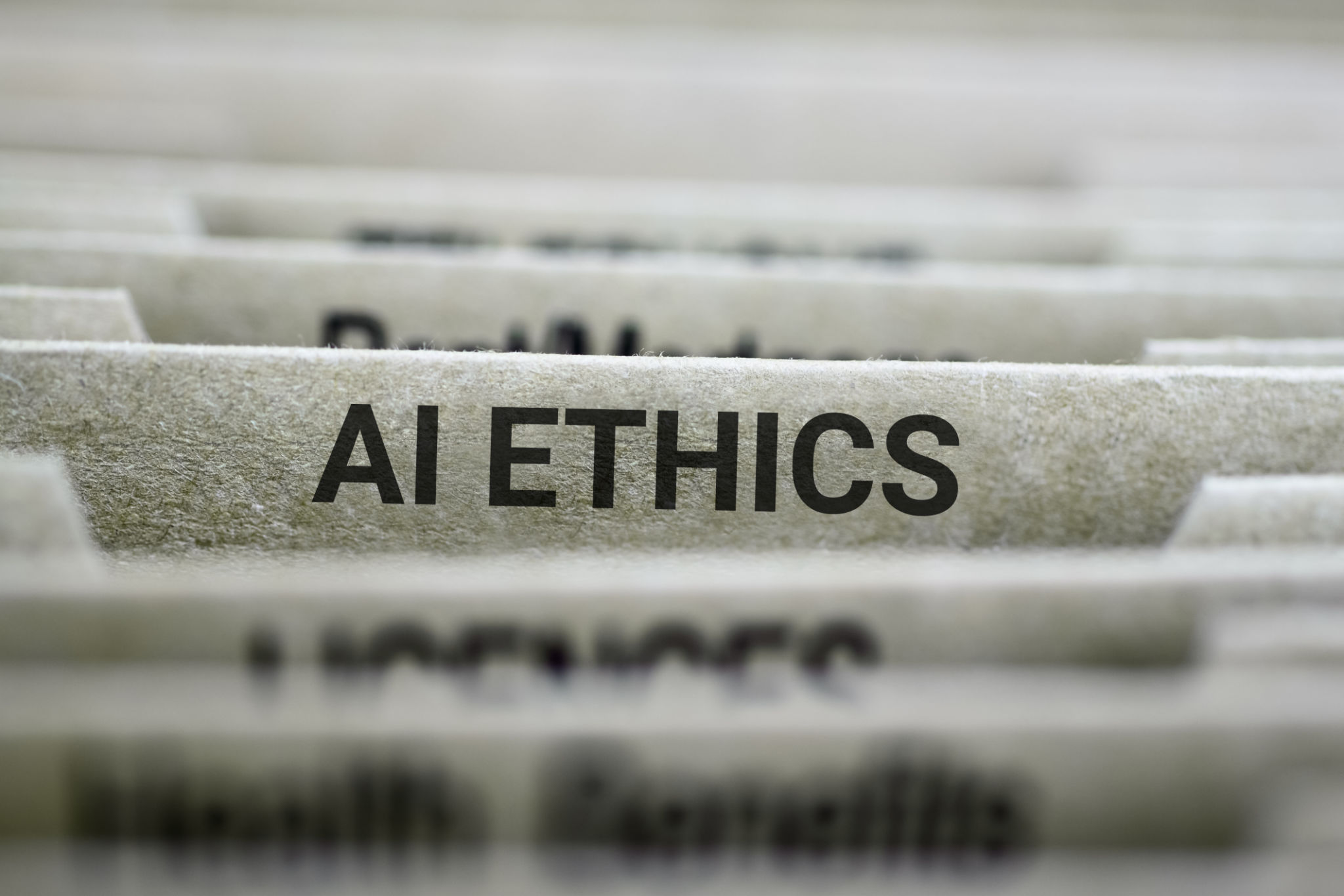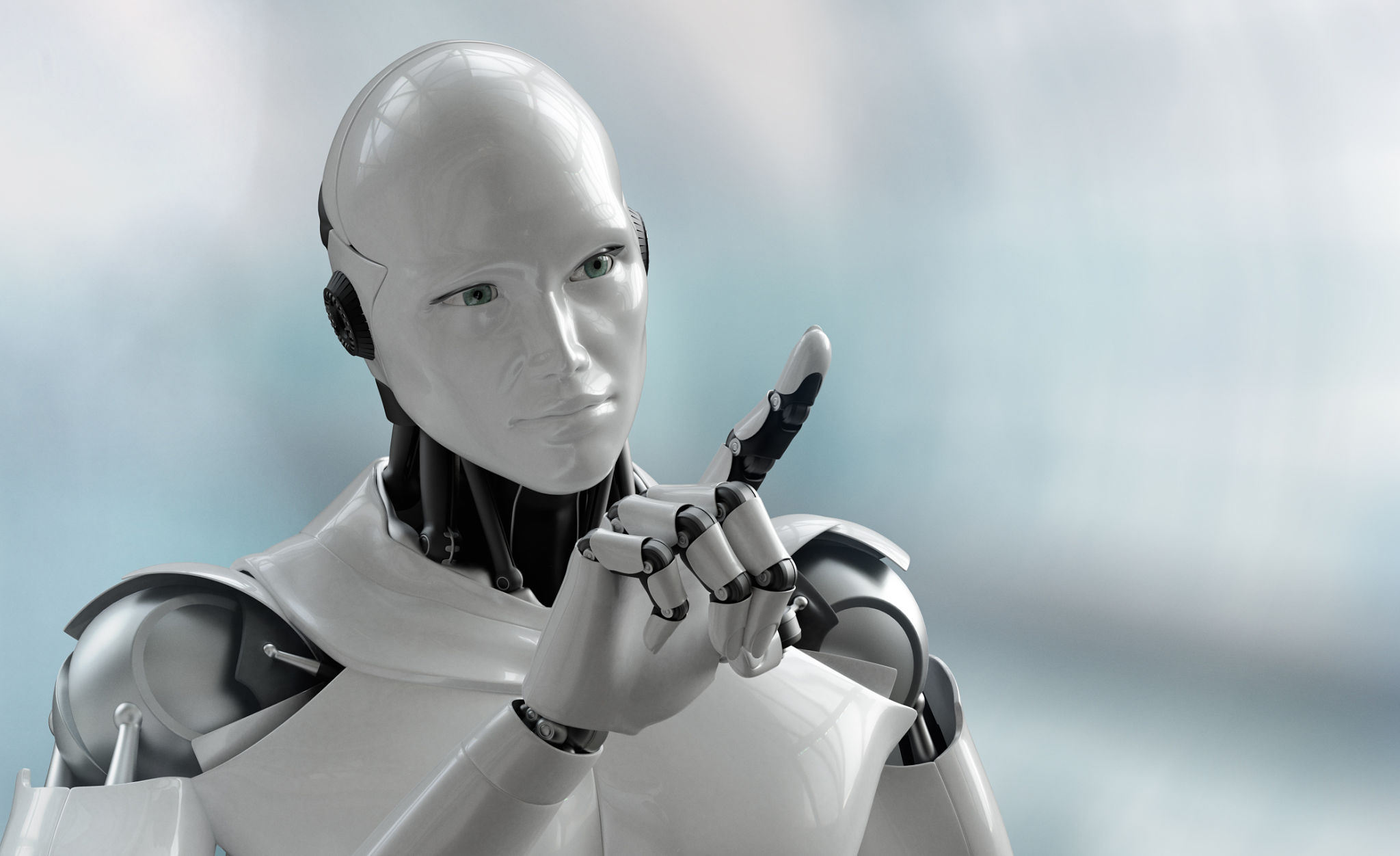Common Misconceptions About AI Solutions Debunked
Understanding AI: Separating Fact from Fiction
Artificial Intelligence (AI) is one of the most transformative technologies of our time, yet it remains shrouded in myths and misconceptions. Despite its growing presence in various industries, many people still hold outdated or incorrect beliefs about AI. In this blog post, we aim to debunk some of the most common misconceptions surrounding AI solutions.

Misconception 1: AI Will Replace All Human Jobs
A prevalent fear is that AI will lead to massive job losses by fully automating tasks currently performed by humans. While AI can automate repetitive and data-driven tasks, it is unlikely to replace all human jobs. Instead, AI is more likely to augment human capabilities, allowing us to focus on more strategic, creative, and complex problem-solving activities.
Many industries are already seeing the benefits of AI-human collaboration. From enhancing customer service with chatbots to providing data analysis support in healthcare, AI solutions are designed to work alongside humans, not replace them.
Misconception 2: AI is Infallible
Another common misconception is that AI systems are perfect and free from errors. In reality, AI solutions are as good as the data they are trained on. Biases in data can lead to biased outcomes, and this is a significant challenge for AI developers. It is crucial to continuously monitor and improve AI systems to ensure accuracy and fairness.

Moreover, AI systems require human oversight for optimal performance. They excel at processing large volumes of data quickly but lack the nuanced judgment that humans possess. Therefore, a balanced approach combining AI with human expertise is essential.
Misconception 3: AI Can Think Like Humans
There's a widespread belief that AI can think and reason like humans. While AI can perform specific tasks with incredible efficiency, it does not possess consciousness or emotional intelligence. Current AI technologies operate based on algorithms and patterns in data but do not have an understanding of context or intention.
This misconception often leads to unrealistic expectations of AI capabilities. It’s important to recognize that while AI can mimic certain human tasks, it does not replicate human thought processes.

Misconception 4: AI is Only for Large Corporations
Many people assume that only large corporations with vast resources can benefit from AI technologies. However, advancements in cloud computing and open-source tools have made AI accessible to businesses of all sizes. Small and medium-sized enterprises (SMEs) can implement AI solutions to streamline operations, enhance customer engagement, and improve decision-making processes.
By leveraging AI tools tailored to their specific needs, businesses can gain a competitive edge without significant investment. This democratization of AI technology allows wider adoption across various sectors.
Misconception 5: Implementing AI is Too Complex
The perceived complexity of implementing AI solutions often deters businesses from exploring its potential benefits. While developing a custom AI solution from scratch can be complex, there are numerous pre-built solutions available that require minimal technical expertise for integration.

Furthermore, many tech companies offer user-friendly platforms and services that simplify the implementation process. With the right guidance and support, businesses can effectively incorporate AI into their operations without needing an in-depth understanding of the underlying technology.
Conclusion: Embracing the Reality of AI
As we continue to navigate the digital age, it's crucial to dispel myths and recognize the true potential of AI solutions. By understanding what AI can and cannot do, businesses and individuals can make informed decisions about how best to leverage this powerful technology. Rather than fearing or overestimating its capabilities, embracing a realistic perspective on AI will pave the way for innovation and growth across all sectors.
